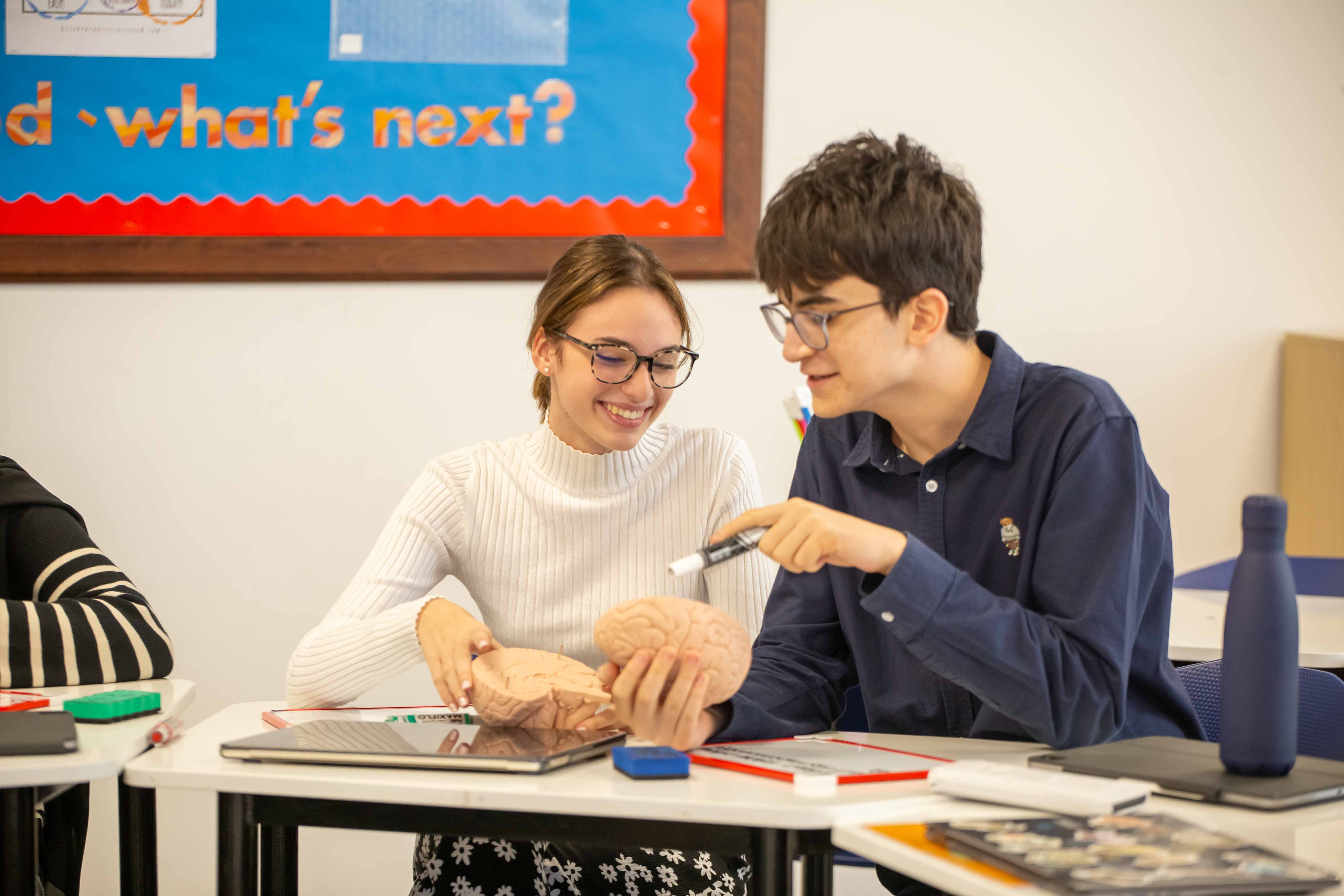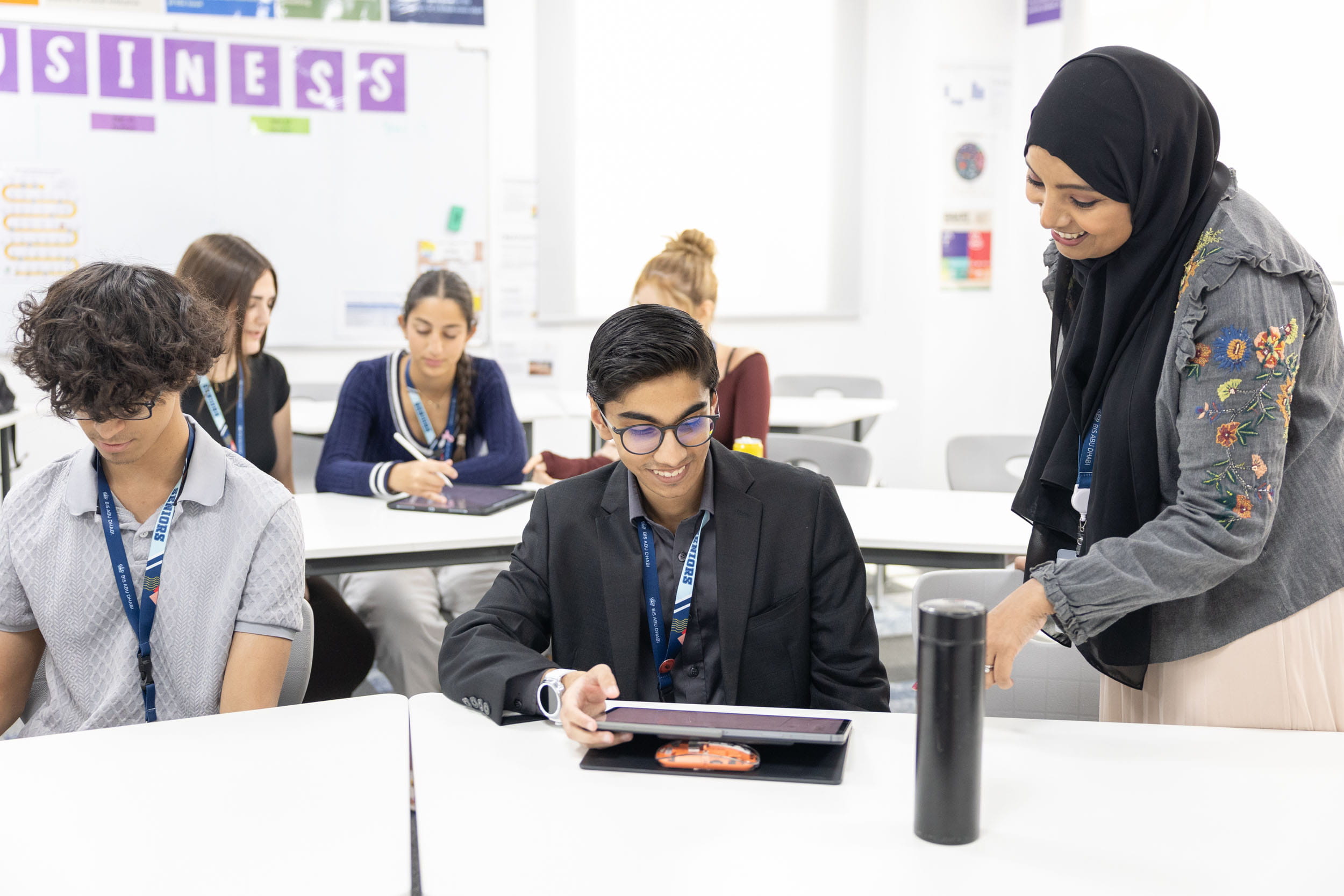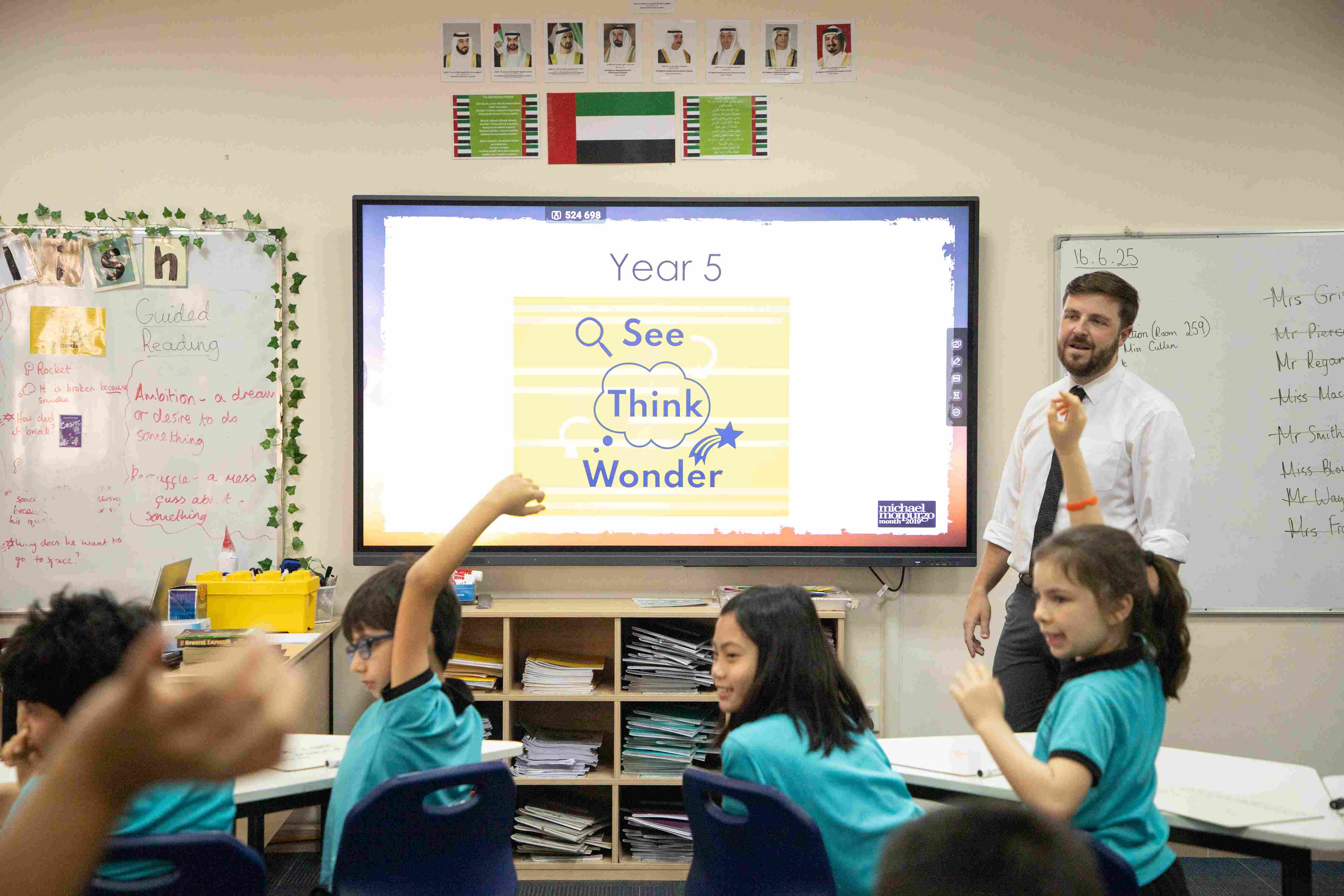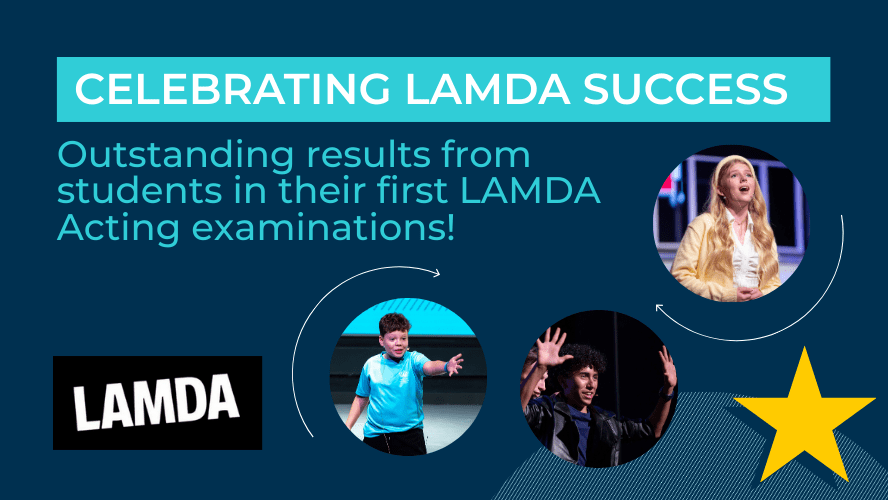The education world has been a little disturbed of late by the curious creation of ChatGPT, a piece of computer wizardry that has the answer to everything. Within a week or two of its launch the death of schools, coursework and exams and everything we know about education was being confidently predicted. Alongside this doom was a strange acceptance that all young people who are offered the opportunity to ‘cheat’ will take it. As someone who has worked with young people all my life, I forcefully reject that notion. There are countless ways to bend the rules in education, students rarely do, largely because most students have a core set of values that help them to know right from wrong. Getting a computer to write their homework and then pretending they did it simply isn’t what most students would do.
But not using ChatGPT at all doesn’t have to be our response to its existence either. It is certainly an interesting little thing and it might make a whole raft of tasks easier. The IB Organisation has responded really positively to the pessimists by accepting ChatGPT – and by extension all future imitators – as a valid source of information which students can use as a point of view as long as it is acknowledged in their work. This entirely sensible approach is an extension of the very determined work that the IB Diploma does in teaching students about high quality research, about acknowledging sources, bibliographies and about plagiarism. It is one of the features of the IB Diploma that means students who have completed it are better prepared for university than students who have not. By embracing ChatGPT rather than being terrified of it, the IB has taken some of the fear away and reminded us that all new technologies are there for us to use positively. Acknowledging the potential of artificial intelligence to support actual intelligence is a big first step.
In 2021 the OECD published a document about digital literacy which concluded amongst other things, that teaching young people to critically think is one of the most important things schools can do in the face of the digital onslaught and its fake news possibilities. In some countries, such as Denmark and Australia, about 70% of students reported being taught to identify bias in online information. In other countries, such as Latvia and Switzerland, that figure dropped to below 50%. We need to teach young people to be a little more distrustful of online information, to cross reference information and to test facts before accepting them. When ChatGPT gives a Year 9 student a response to the question ‘what were the causes of the First World War?’ for instance, that student needs to see that response as a point of view to be tested against the view of expert historians and of the other source material they have available.
And as we consider the use of artificial intelligence in areas such as engineering and product design, we might find other opportunities for making changes to the school curriculum. When a driverless car is faced with an accident, should it protect the people on the street or the people in the car? A computer programmer has to help the car to decide but the answer is not a coding one – it is an ethical one. Perhaps the ethical dimensions of artificial intelligence demand that we introduce far more philosophical and ethical education into our curriculum so that young people are more thoughtful in their decision-making process.
At BIS Abu Dhabi we have some very smart people who are working hard to understand how we might use all sorts of new technologies with our students – at all levels of the school – whilst also teaching them to have some caution in the act; to critically think about that technology and its implications. And those same smart people are people of strong moral fibre – they are BIS Abu Dhabi people. We’ll survive the age of the machine.
Chris Lowe
Head of Secondary
Return to the newsletter.









.png?rev=1619813b30a347d9bc71977e2cfe09d2&hash=66B98CDC659BBF07EB36660B4381E1E7)